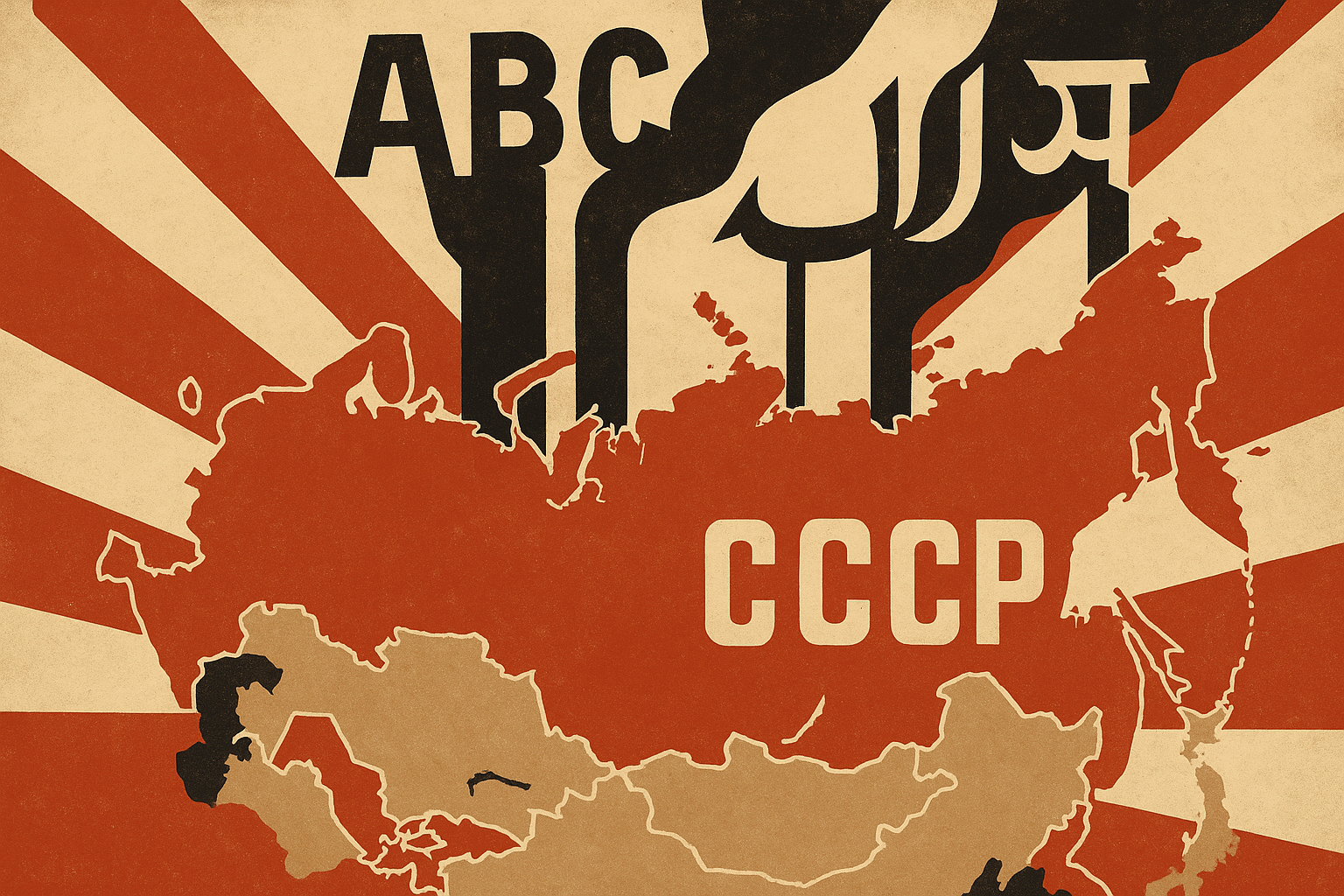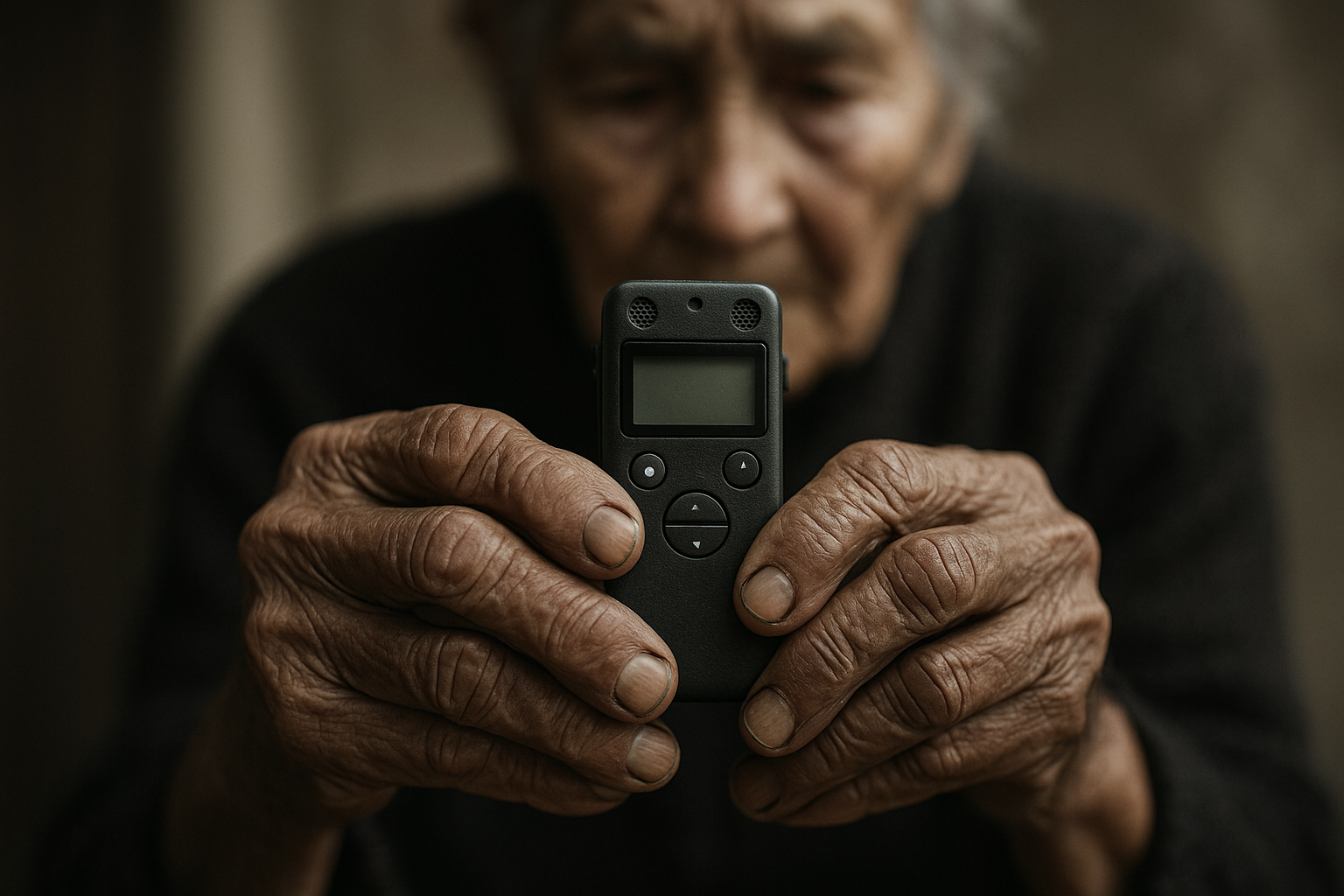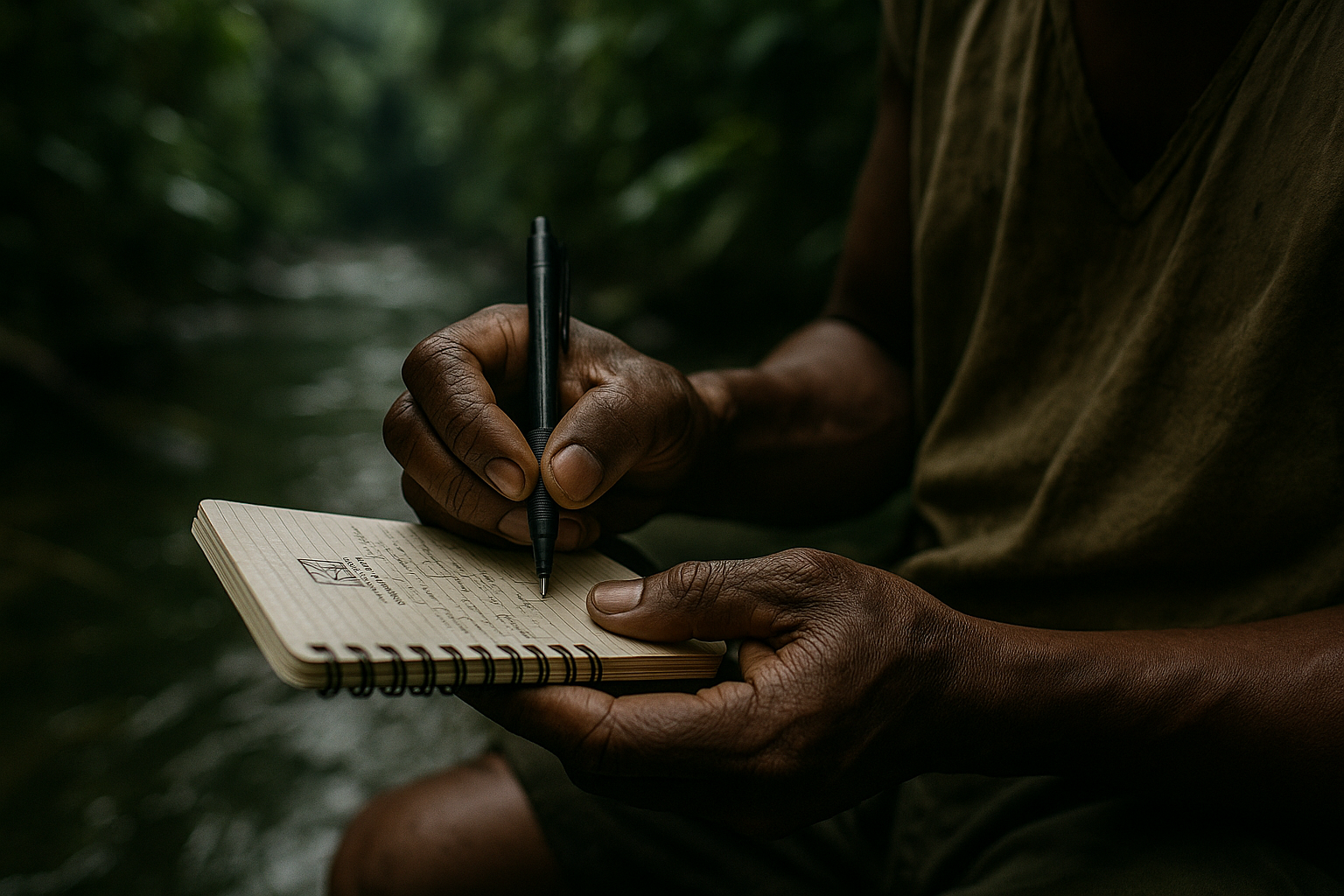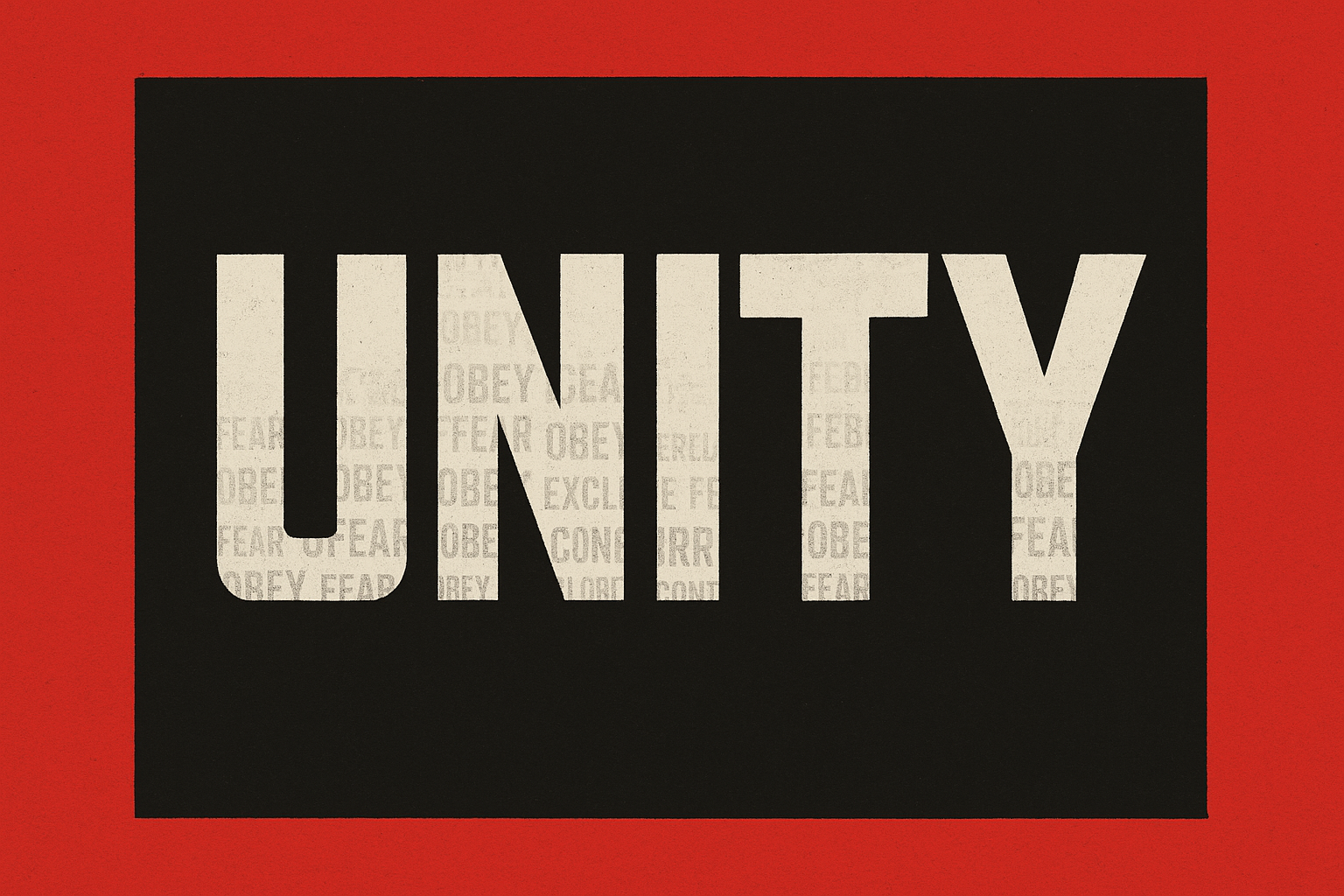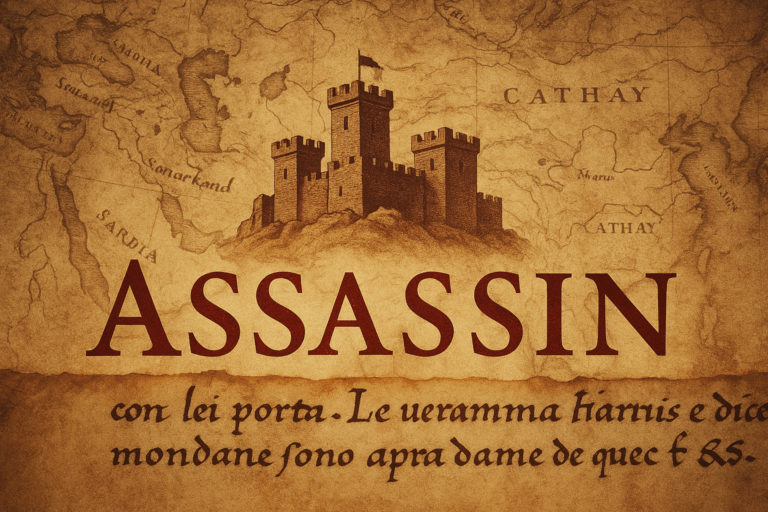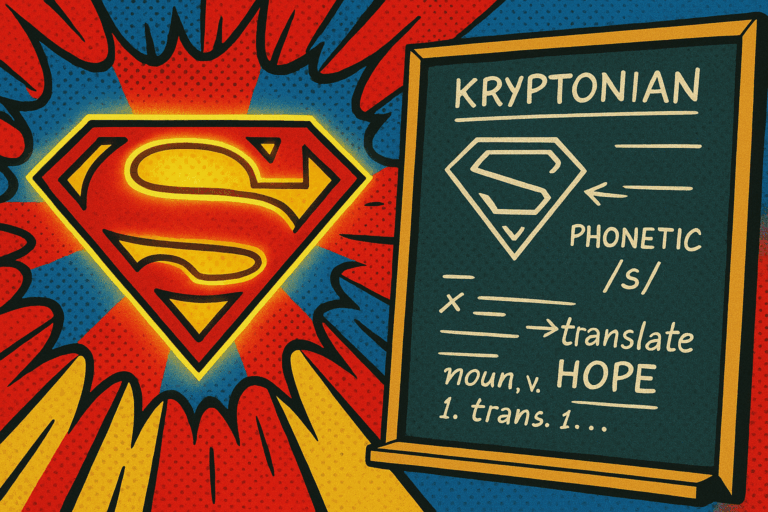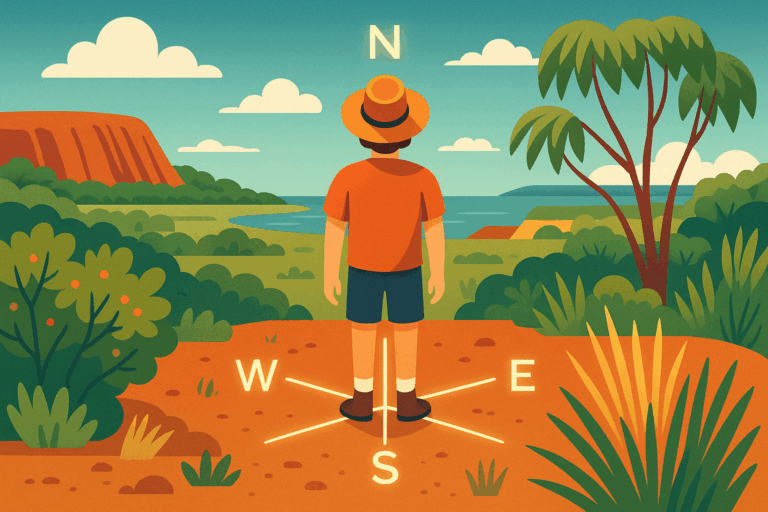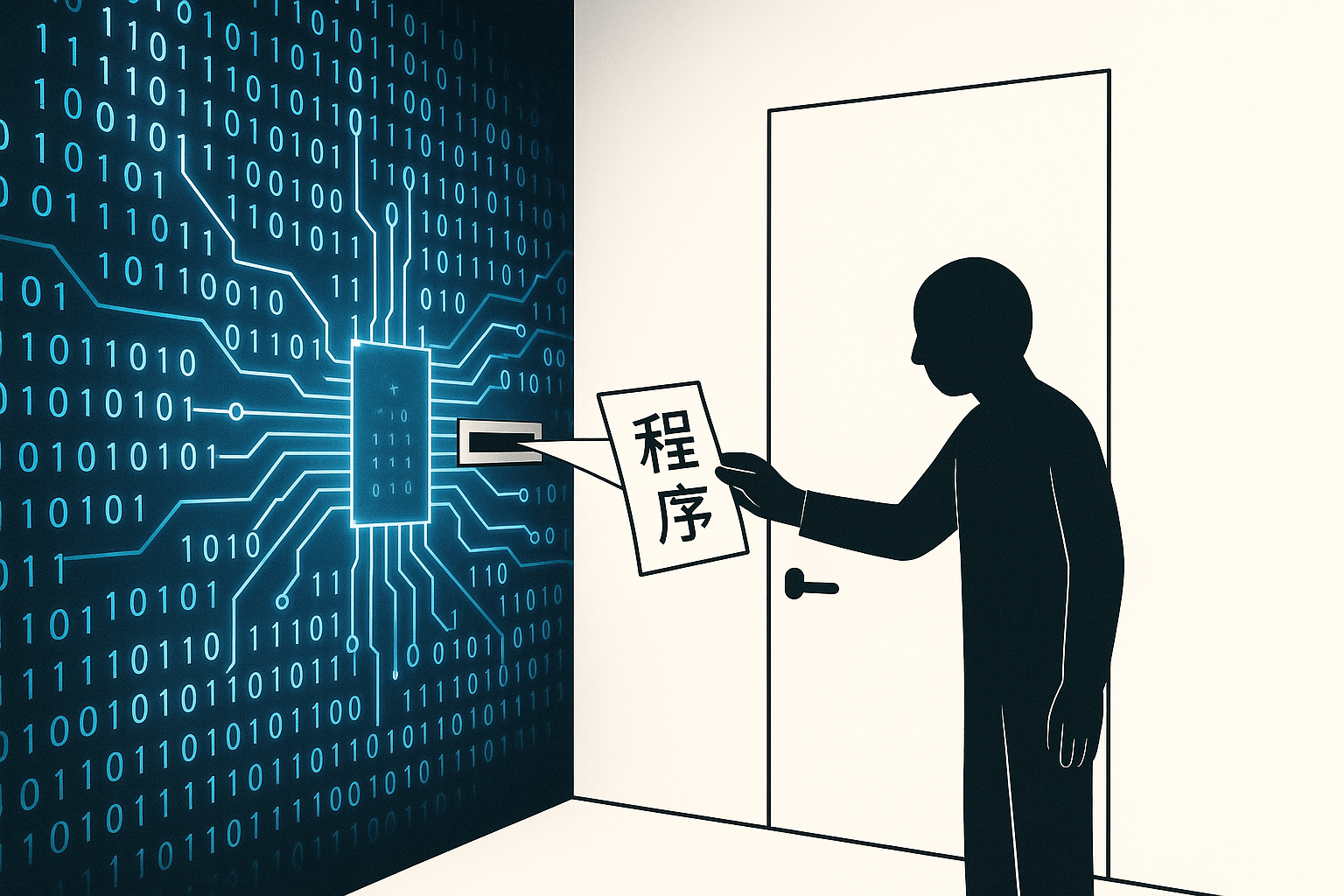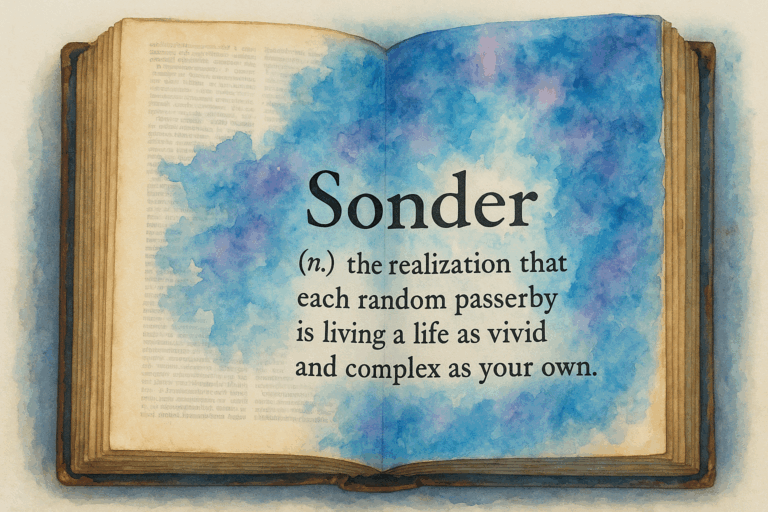Learning from Zero: The “Monolingual Method” and the Art of Linguistic Fieldwork
Imagine trying to learn a language with no textbook, no translator, and no shared vocabulary. The monolingual fieldwork method is a raw, challenging process where linguists build a language from absolute scratch, relying on pointing, gesturing, and an immense amount of patience. It’s a deep dive into the art of human connection and the fundamental building blocks of communication.

